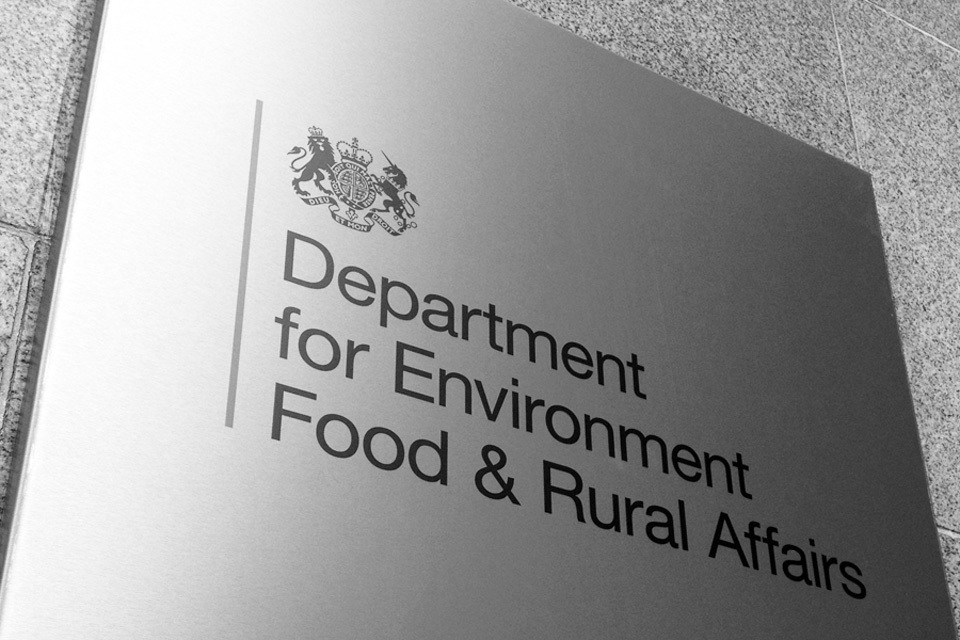LONDON — The U.K. government has poured cold water on long-touted plans for a bonfire of laws inherited from the EU after Brexit — and some Conservative Euroskeptics aren’t happy.
During a briefing Monday on the Retained EU Law Bill, Business Secretary Kemi Badenoch told senior Tory Brexiteers that by December 31 the government will only bin 800 — or one in four — of the estimated 3,200 pieces of EU legislation which were automatically added to the U.K. statute book after Brexit.
The bill introduces a controversial “sunset clause” that will automatically scrub EU retained laws that have not been changed or repealed by the end of this year. Advocates see that cull as a key Brexit dividend as the U.K. goes its own way, but the policy has been criticized by business groups for creating regulatory uncertainty.
Badenoch told the group of MPs that her officials had concluded it is not possible to remove thousands of laws, according to people in the room who confirmed a Daily Telegraph story.
A government spokesperson did not deny the report, and said the administration is currently mulling its approach on amendments to the bill, which is still awaiting a date for report stage scrutiny in the House of Lords — expected to be mid-May.
“We remain committed to ensuring the Retained EU Law (REUL) Bill receives Royal Assent and that the supremacy of EU law ends with unnecessary and burdensome EU laws removed by the end of this year,” the spokesperson said.
“Once passed, the Bill will enable the country to further seize the opportunities of Brexit by ensuring regulations fit the needs of the UK, helping to grow our economy and drive innovation,” they added.
But the new plan has triggered fury among Tory Brexiteers. Jacob Rees-Mogg, the former business secretary who spearheaded the plan while in government, said Badenoch was “one of the most dynamic ministers in the government” and warned that if she could not fulfill the promise it suggested intransigence by civil servants who are “paid to deliver.”
He asked on his GB News show: “The question is, are we now getting — instead of the roast beef of the full Brexit that we were hoping for, with roast potatoes and Yorkshire puddings and lashings of gravy, merely thin gruel?”
Others saw a pragmatic compromise that may further ease the U.K.’s improving relationship with the EU, which had closely followed the discussions on the bill in London.
David Davis, a former Brexit secretary and senior Conservative MP, told POLITICO that the most important aim should be to get detailed scrutiny of specific laws right, and that enhancing ties with Brussels was “secondary, frankly.”
“The truth is that quite a lot of EU law makes little difference for a variety of reasons,” he said. “One is [they are] minor legislation, often consistent with other international legislation that we would be inclined to obey, like the U.N. regulations in the automotive sector. But on the other hand, there are some that make a big difference and matter to the country — those are the ones that we should be focused on.”
Davis, who has previously voiced concern about the impact of scrapping the EU laws too quickly, said some lawmakers in the European Research Group of Euroskeptic Tory MPs are concerned that if the Conservatives lose the next general election, Labour will not conclude the task of scrubbing those laws.
But he said it was important to give the House of Commons enough time to digest the mammoth number of laws still to be reviewed.
“The slogan in the Brexit campaign was ‘take back control,’ to give control to Westminster, not to give it to Whitehall. If you try to rush everything at once the House of Commons will not have time to scrutinize it properly,” he said. “My view is that we should continue reviewing them in the longer term.”
Anand Menon, director of the U.K. in a Changing Europe think tank, said the government’s new plan is “much more sensible.”
“No one ever claimed there weren’t EU regulations we should get rid of or could amend. But planning to simply scrap them all to make a political point was just plain reckless,” he said.
Stefan Boscia contributed reporting.




